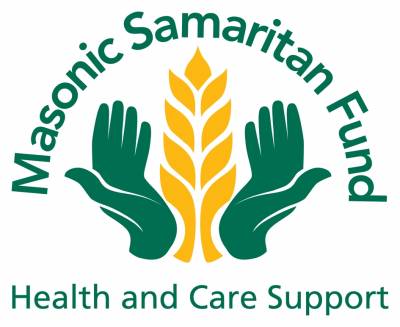Developing safer, more effective treatments for children with leukaemia.
25 October 2015
Acute lymphoblastic leukaemia (ALL) is the single most common form of childhood cancer. Even though ALL can be successfully treated with chemotherapy, there remains a significant proportion of children and young adults who stop responding to treatment. Dr Marc Mansour and his team have identified a missing gene that could hold the key to targeting resistance and developing new, lifesaving treatments for this high-risk group.

Acute lymphoblastic leukaemia is one of the leading causes of childhood death in the UK. ALL is particularly aggressive, it can progress within weeks or even days, and treatment lasts a long time. When bodies are healthy, cell division is regulated and controlled but with ALL, a signal failure results in an overproduction of immature white blood cells (T-cells or B-cells) which continue to replicate without ever gaining the ability to launch an immune response. These leukaemia cells fill up the bone marrow, preventing the production of healthy blood cells of any type.
T-cell ALL is a subtype of the illness and is most seen in older children and teenagers, particularly in boys. Sadly, 10-20% of children and 40-50% of young adults diagnosed with T-cell ALL, will not respond to chemotherapy. When chemotherapy stops working, there are no effective treatment options remaining and prognosis is very poor in these cases.
Targeting treatment
Dr Mansour’s team has identified a missing gene that is linked to relapse. “When this particular gene is switched off in the leukaemia cells, the deletion causes around 200 dormant genes to become active - we are trying to discover which of these newly activated genes are responsible for chemo-resistance.” explains Dr Mansour. “We can then develop targeted therapies to silence these genes and get the chemotherapy working again”
Dr Mansour's research not only aims to identify which of the newly activated genes are responsible for chemo-resistance but forms a two-pronged approach by identifying drugs and drug combinations that target the gene deficient tumour cells, but leave normal cells unharmed. This drug screening uses Zebrafish models to test a library of FDA approved drugs to see which (alone or in combination) are successful in doing this.
"Any drug combinations that cause the tumour cells to die without harming healthy cells, represents an excellent opportunity to translate research findings into new treatments for cancer patients. Over the next two years we will test thousands of combinations of pre-approved drugs in a bid to discover new life-saving therapies for both children and adults that will enable us to move away from the toxicity of chemotherapy." adds Dr Mansour.
Funders

This project is supported by the UCL Cancer Institute Research Trust via a grant of £100,000 from the Masonic Samaritan Fund, a charity funded entirely by the generous donations of Freemasons and their families.
Dr Richard Dunstan, Chairman of The Non-Masonic Grants Committee, said: “Every year Freemasons donate money towards research into cancer, seeking better treatments and ultimately, a cure. It is our great hope that the day will come when our help in this area is no longer needed.”
 Close
Close

